
Home
Publications
Publications
Showing 0 to 0 of 0 results
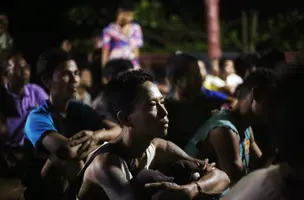
Statements
2025-07-02T09:21:44
ASEAN Foreign Ministers Must Act Now to Free Myanmar’s Political Prisoners, Say Southeast Asian MPs
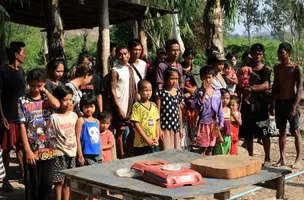
Statements
2025-05-30T10:03:16
ASEAN’s Statement on Expanded Ceasefire Falls Short; Myanmar Crisis Needs Concrete Measures, Says APHR

Events
2025-05-26T10:31:40
Bridging Parliament and People: APHR at the ASEANPeoples2025@ASEAN2025

Statements
2025-05-03T15:52:41
World Press Freedom Day 2025: Defending the Frontlines of Truth in Southeast Asia
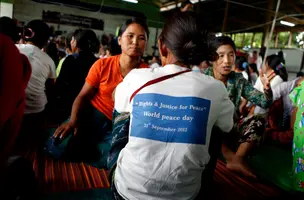
Statements
2025-05-02T16:32:57
APHR FFM Reveals Alarming Crisis: ASEAN Must Demand Permanent Ceasefire and Protect Myanmar’s Refugees and Political Prisoners
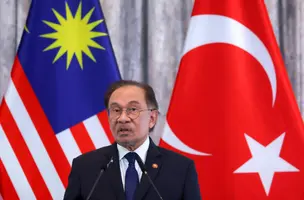
Statements
2025-04-16T21:47:09
APHR Alarmed by ASEAN Chair’s Meeting with Myanmar Junta Chief
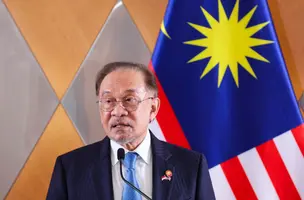
Statements
2025-04-14T12:36:25
APHR Urges ASEAN Chair and Malaysian Prime Minister to Champion Inclusive Peace in Myanmar During Meeting with President Xi
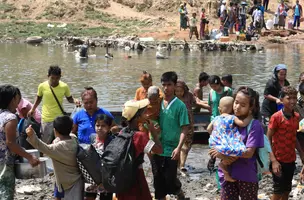
Open Letters
2025-04-14T12:30:30
Open Letter from ASEAN Parliamentarians for Human Rights (APHR) on Advancing the Peace Process in Myanmar

Statements
2025-04-03T09:10:12
Southeast Asian Lawmakers Condemn Myanmar Military’s Obstruction of Earthquake Relief Efforts
TOP
ASEAN Parliamentarians for Human Rights (APHR) was founded in June 2013 with the objective of promoting democracy and human rights across Southeast Asia. Our founding members include many of the region's most progressive Members of Parliament (MPs), with a proven track record of human rights advocacy work.
Copyright © 2024-2025 All Rights Reserved - ASEAN Parliamentarians for Human Rights (APHR)
Website by Bordermedia